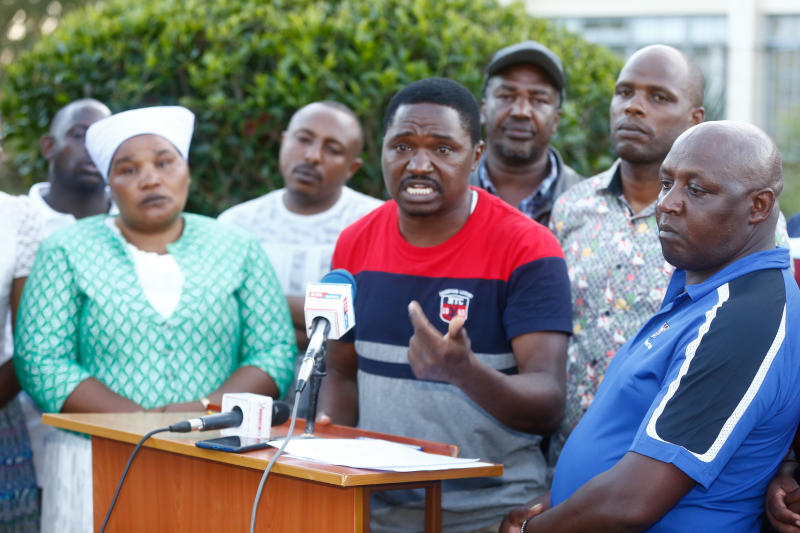×
The Standard e-Paper
Stay Informed, Even Offline

Kiambu Governor Ferdinand Waititu has written to the Senate saying his impeachment was unconstitutional.
In the letter, Waititu claims that the constitutionally stipulated two-thirds Members of the County Assembly (MCAs) were not present when Kiambu County Assembly voted to impeach him.